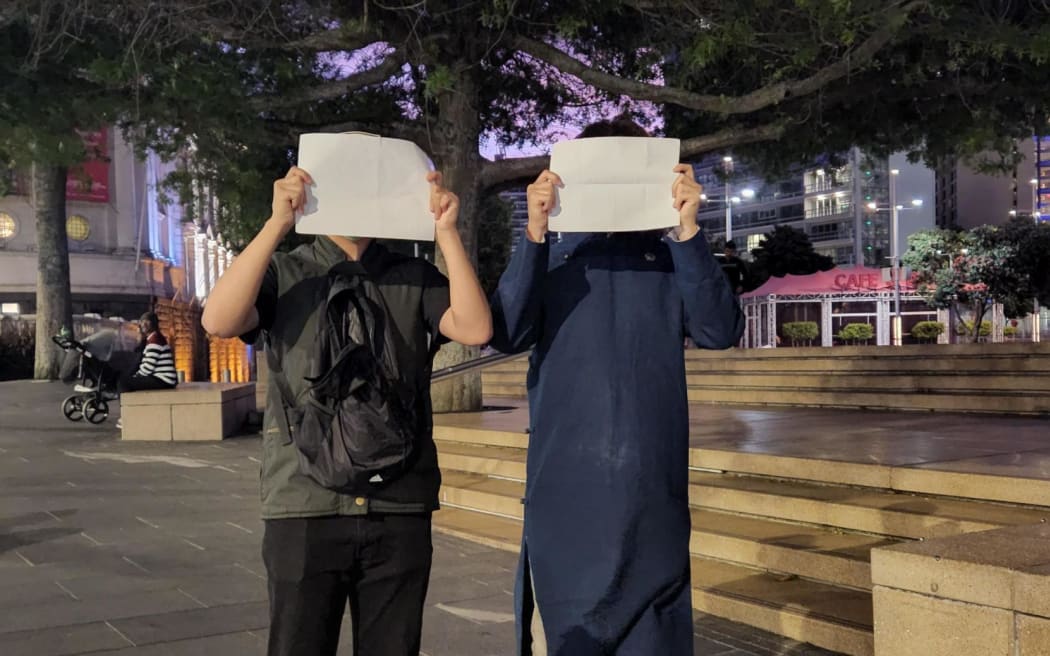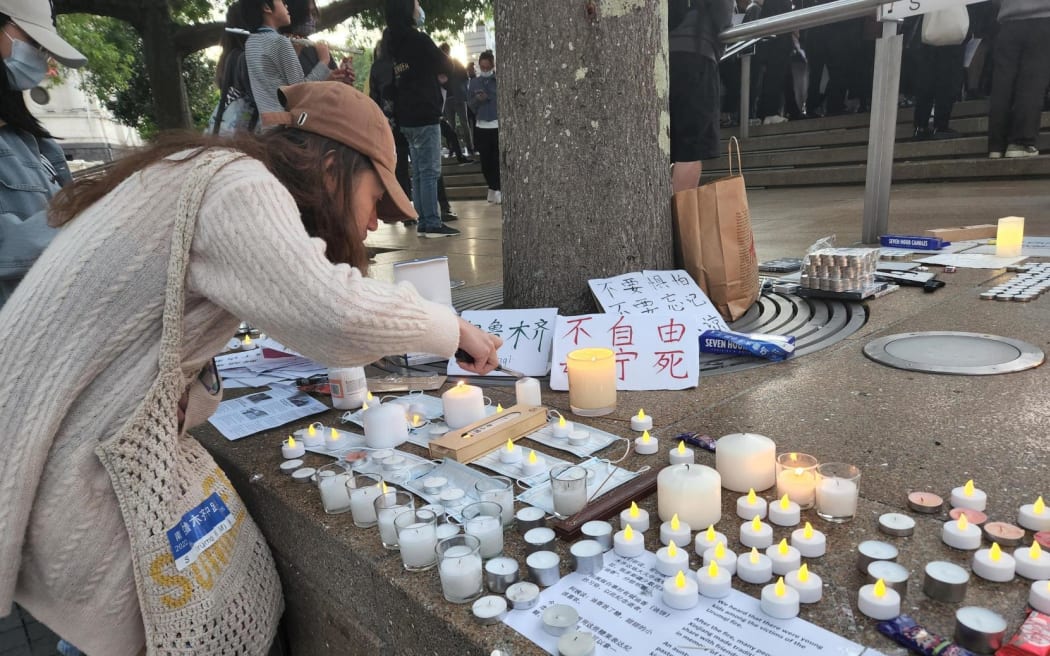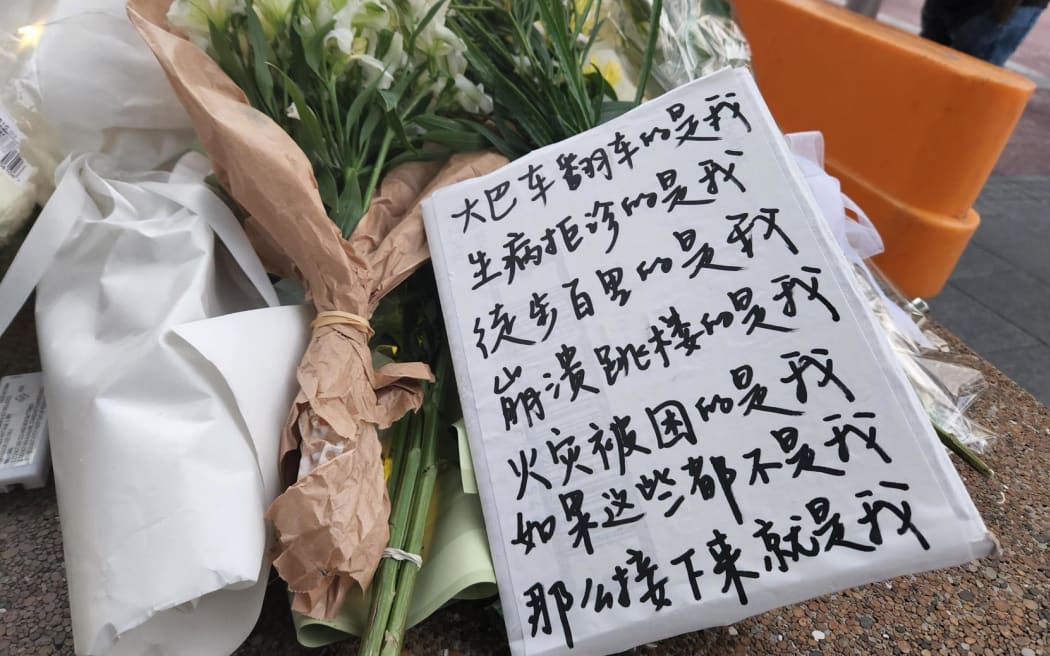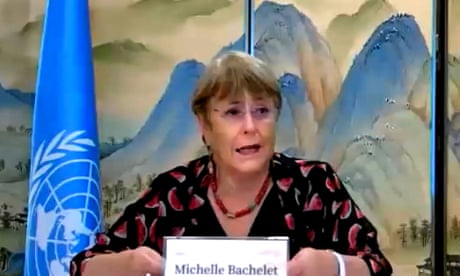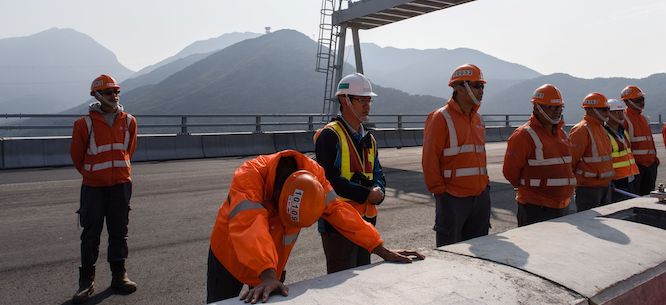An elderly Uyghur serving a nearly 14-year prison sentence in Xinjiang following his arrest in 2017 for studying religion as a child and for committing other religious “offenses” died of hypertension while in jail, a local police officer said.
Abdurusul Memet, 71, from a village in Kashgar county was sentenced for learning the Quran from his father when he was 12 years old, praying and having a beard, he said.
Memet’s situation came to light after the Xinjiang Victims Database tweeted last week that Memet had been sentenced to 13 years and 11 months in jail for learning the Quran between November 1964 and March 1965. The database is a platform that collects records of Uyghurs and other Turkic minority peoples detained in northwestern China’s Xinjiang region.
Following his arrest, authorities jailed Memet in a prison in the regional capital Urumqi to serve his sentence, according to the tweet, which reached an audience of 67,000 people within one week.
When Radio Free Asia began making inquiries by phone about Memet’s current situation, a police officer in Kashgar county said Memet died in mid-July while serving his sentence in a prison in Urumqi.
“Yes, there is a person named Abdurusul Memet who was arrested for learning the Quran when he was 12,” said the officer. “He passed away in prison.”
The officer went on to say that Memet was arrested in 2017 for “illegal religious activities” and has been serving his sentence in Urumqi.
“The reason for arrest was that he usually prayed namaz, had a beard, and learned the Quran when he was 12 years old,” he said, referring to the prayers performed by Muslims.
The police officer also said Memet died of hypertension, though he previously had been in good health, and that authorities had returned Memet’s body to his family.
Memet’s name and police information also appear in the Kashgar police archives, part of the “Xinjiang Police Files,” confidential documents hacked from Xinjiang police computers that contain the personal records of 830,000 individuals.
The files were obtained by a third party and published in May 2022. They provide inside information on Beijing’s internment of up to 2 million Uyghurs and other Turkic peoples in northwestern China’s Xinjiang region in 2017 and 2018, the height of one of China’s “strike hard” campaigns.
The records are further evidence of Beijing’s human rights abuses in Xinjiang, which the Chinese government has repeatedly denied.
The Kashgar police subset of records does not include a photo of Memet, as do some of the other files of detained Uyghurs, but they indicate that he had no previous criminal record prior to his 2017 arrest.
Omir Bekali, a Uyghur of Kazakh descent who spent nine months in three “re-education” camps in Xinjiang on allegations of terrorist activities and now resides in the Netherlands, said Chinese authorities have routinely accused Uyghurs like Memet of made-up crimes and coerced them into admitting that they committed them.
“The fact that Mr. Abdurusul was arrested for studying the Quran at the age of 12 illustrates how the fascist Chinese government is willing to engage in any unlawful actions and employ any means to eradicate the Uyghurs and Kazakhs of East Turkistan,” he said, using the Uyghurs’ preferred name for Xinjiang.
“China is detaining them on fabricated charges and killing them. This is an evident and alarming issue,” he said.
Translated by RFA Uyghur. Edited by Roseanne Gerin and Matt Reed.
This content originally appeared on Radio Free Asia and was authored by By Shohret Hoshur for RFA Uyghur.
This post was originally published on Radio Free.
